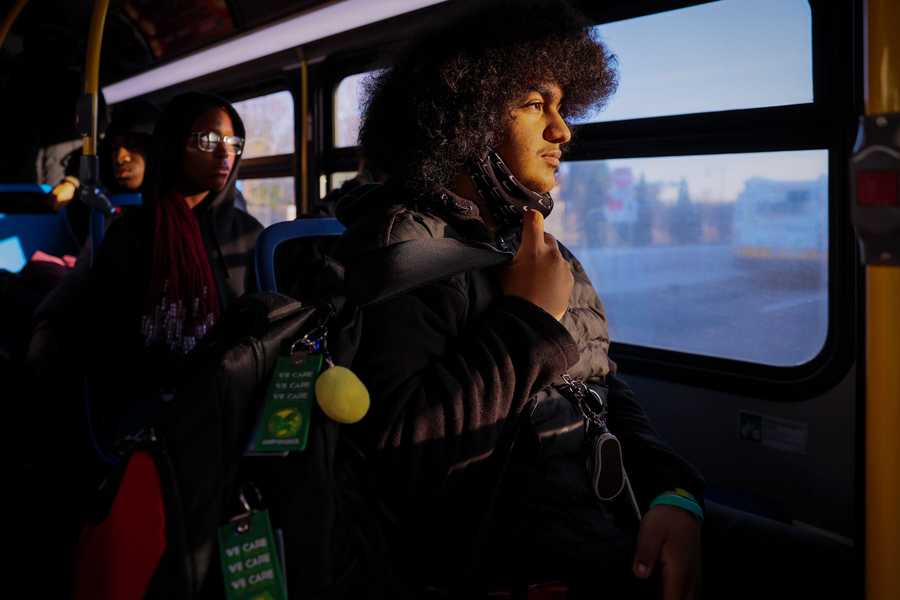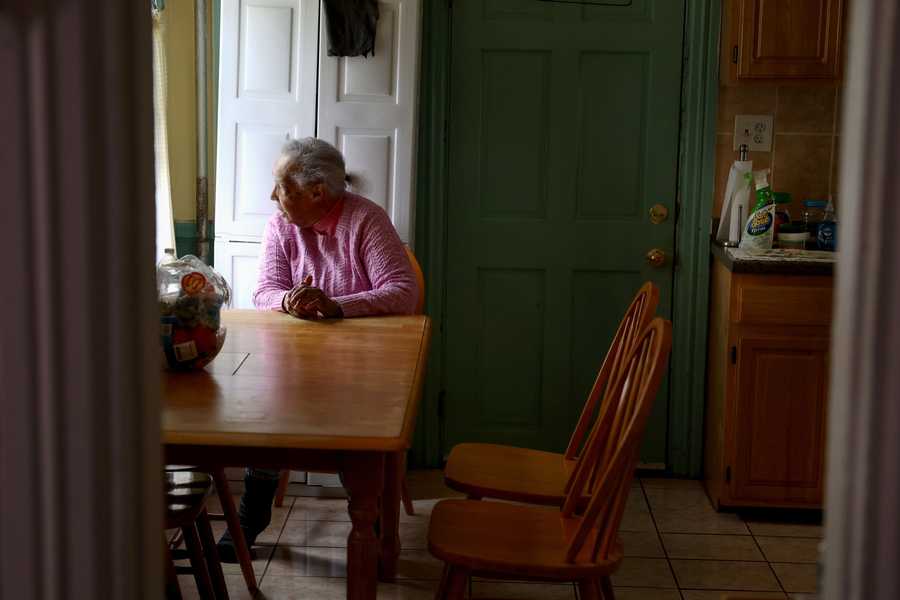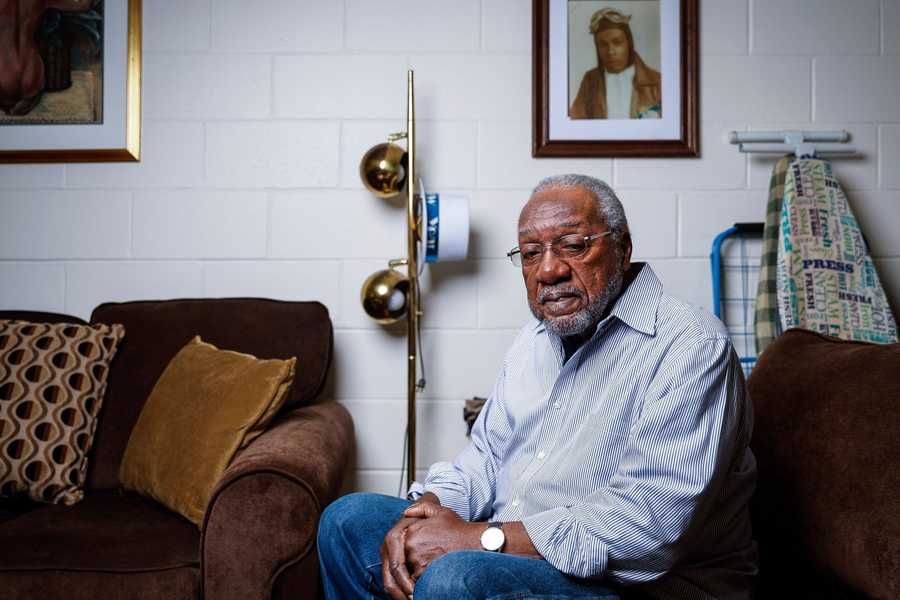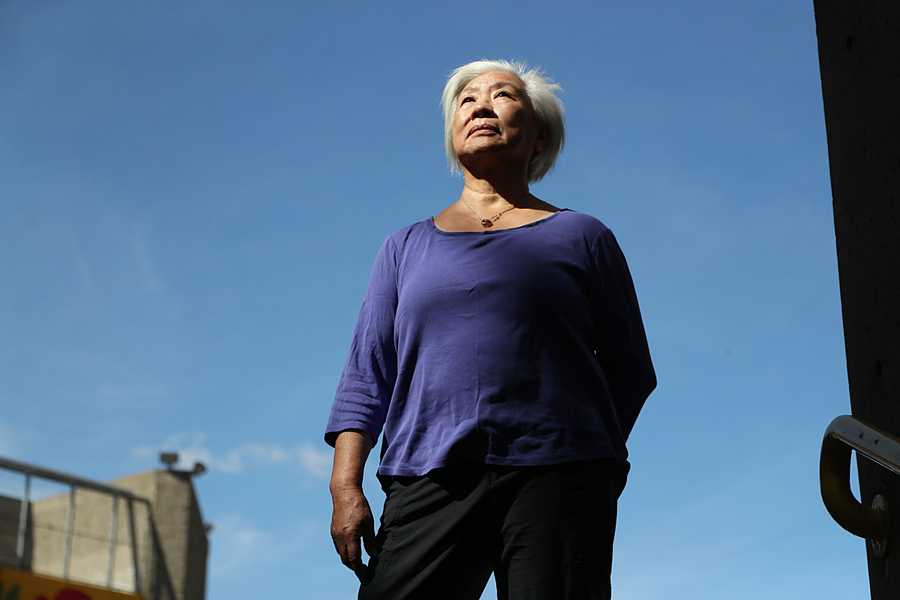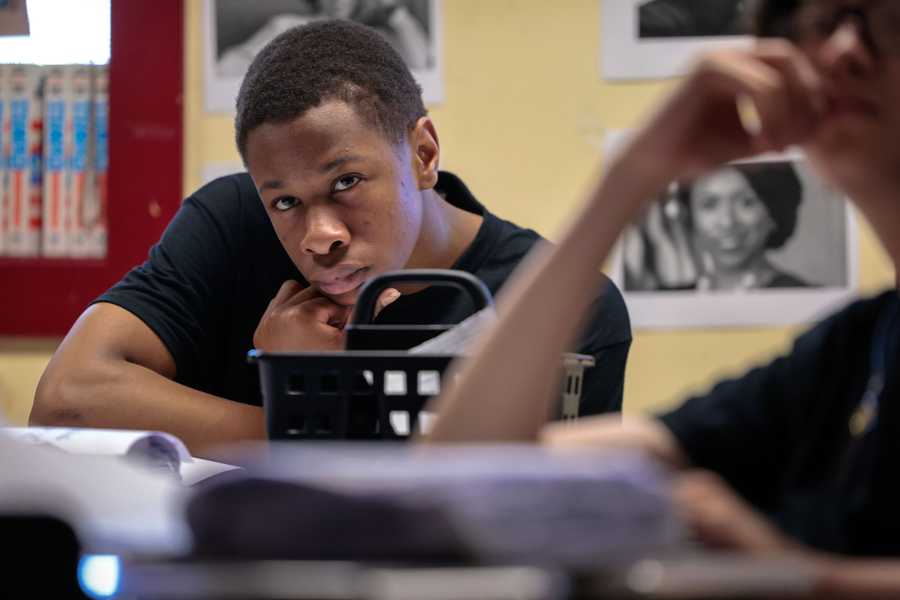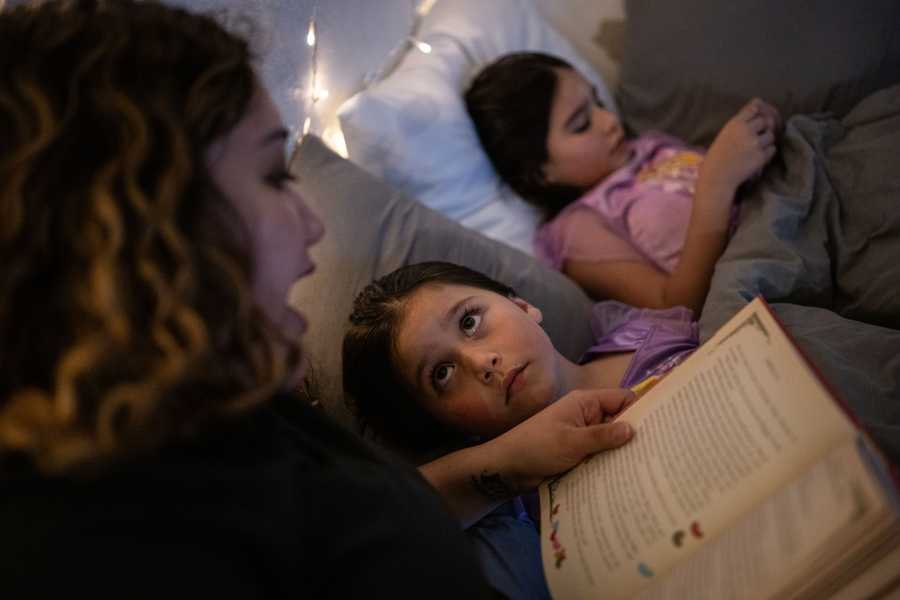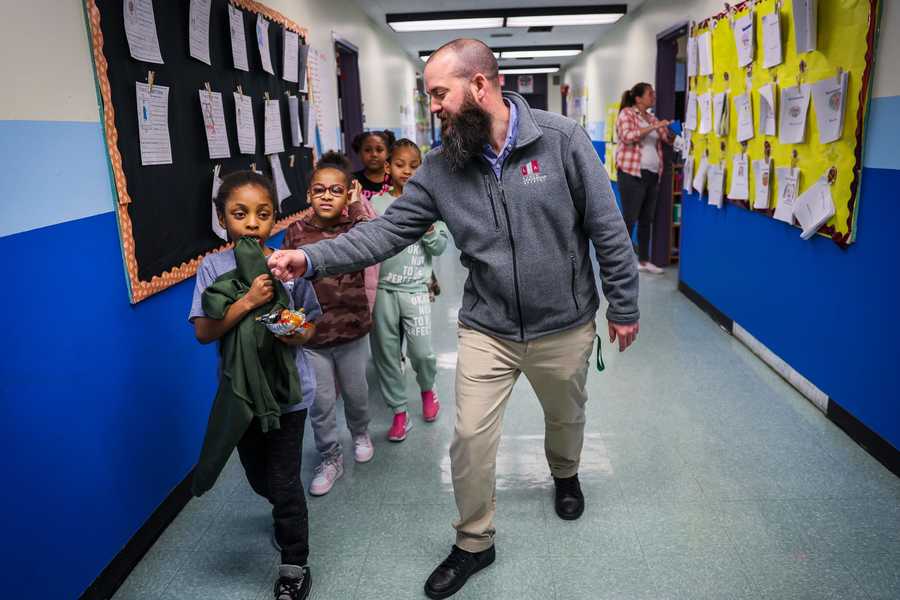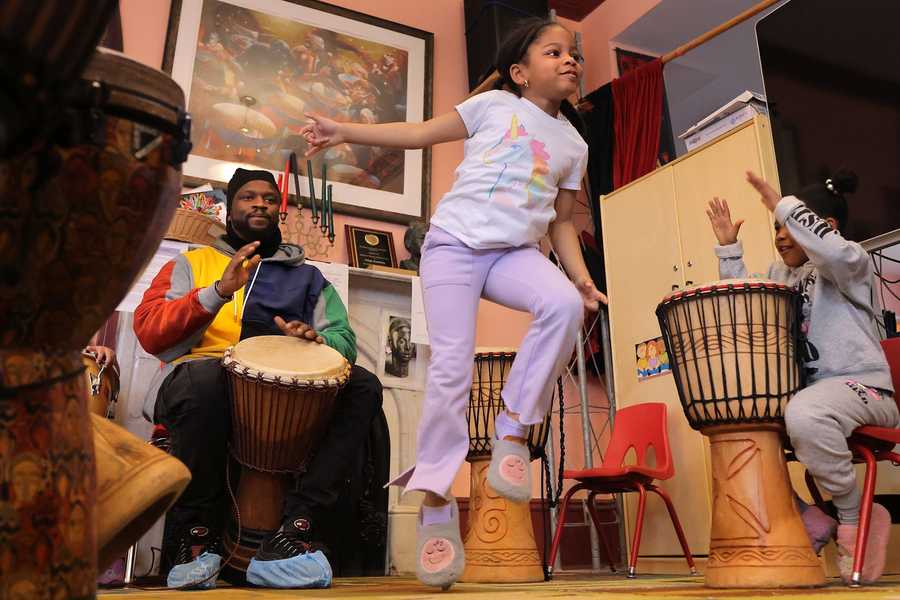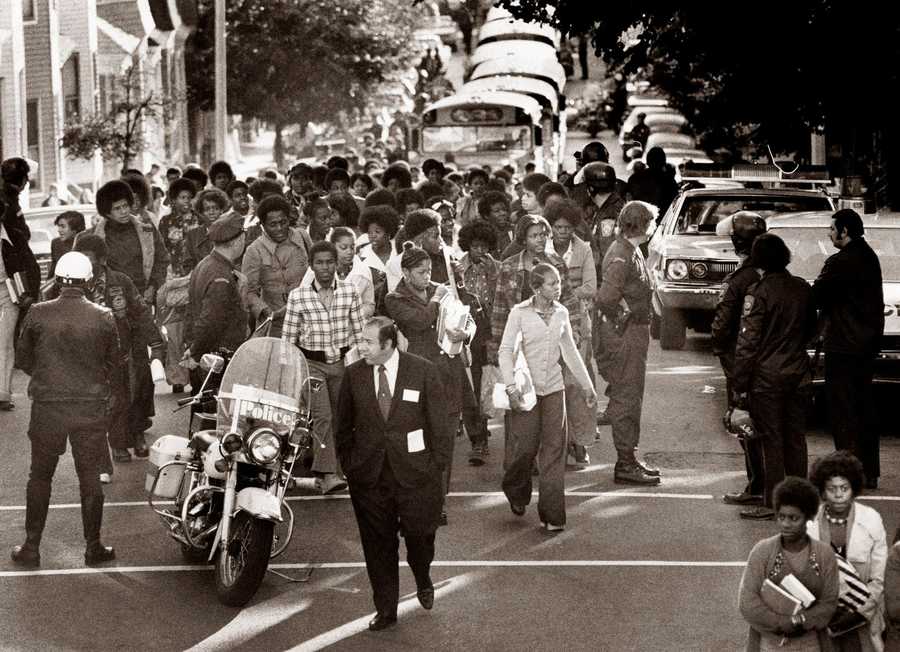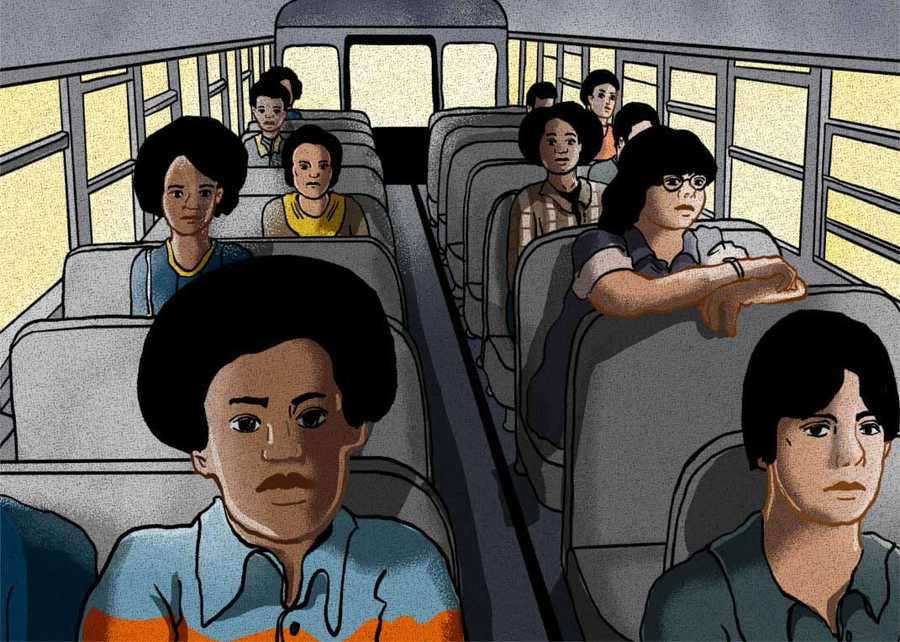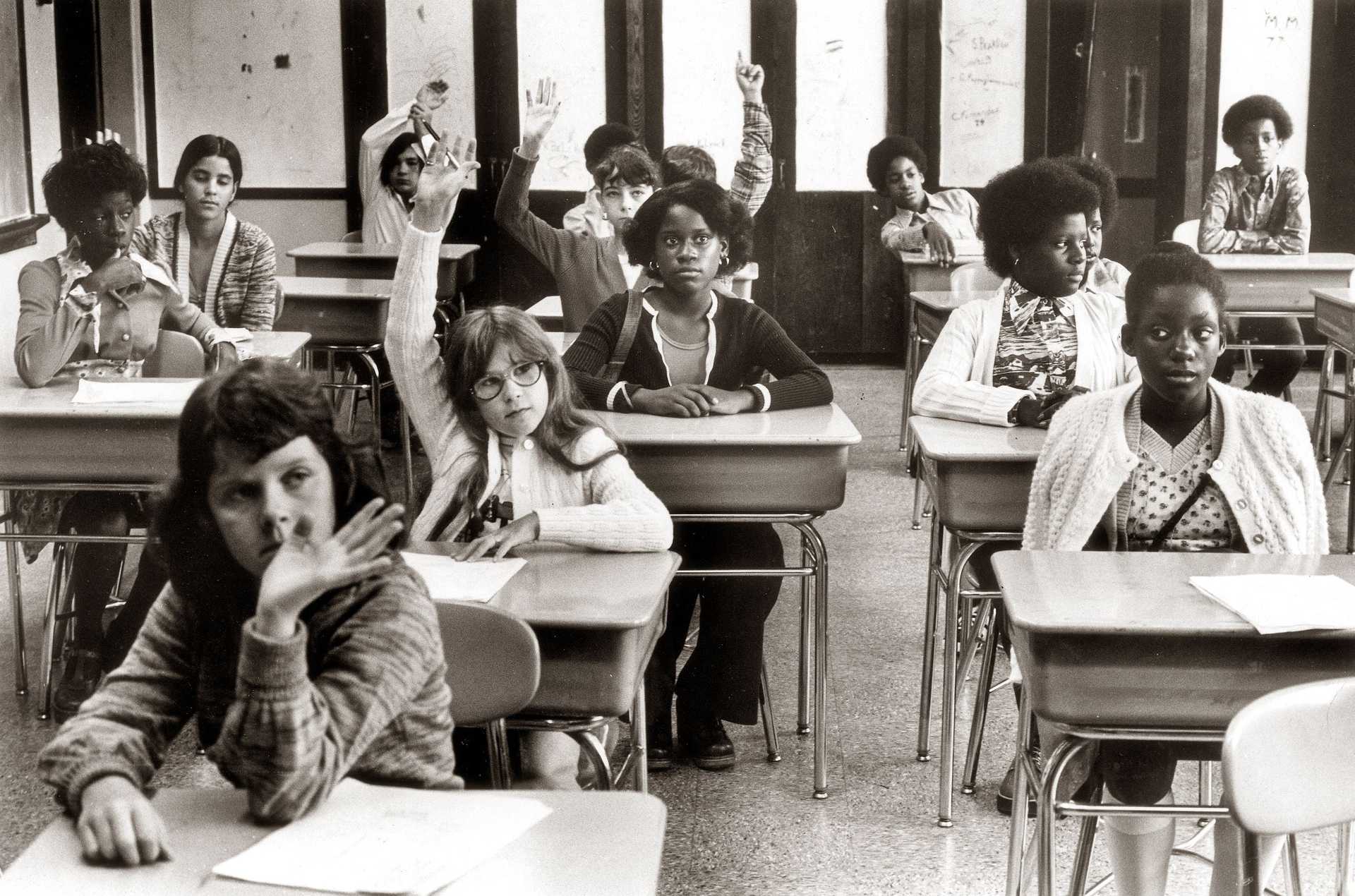
Broken Promises,
Unfulfilled Hope
Fifty years ago, a federal judge ordered Boston to integrate its public school system through busing. Black families hoped the decision would lead to better educational opportunities and fairer outcomes for their children. But it never happened. Instead, Boston’s public schools remain segregated and the academic outcomes of the students they serve are unequal. It is the biggest broken promise in the city’s modern history.
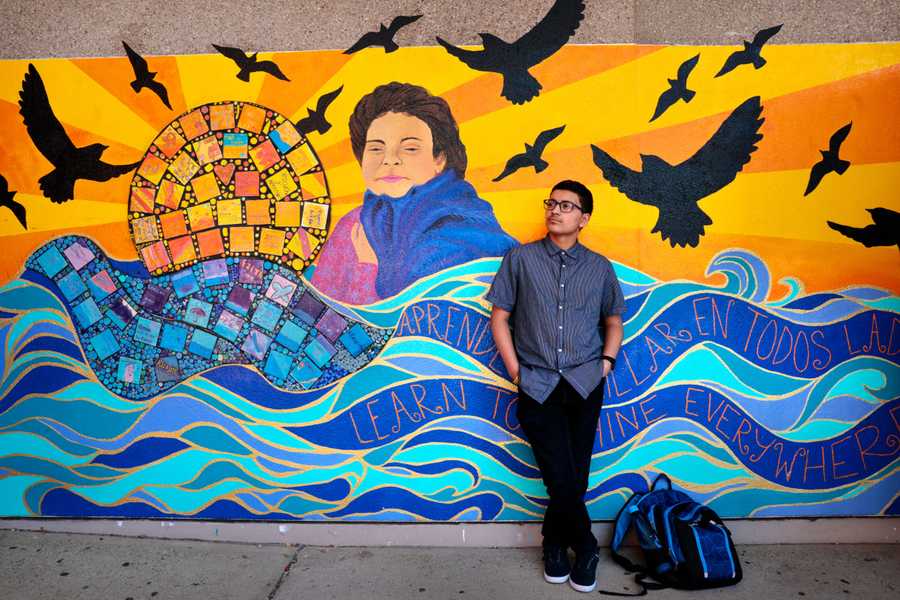
Latinos were an afterthought in desegregation. They're still fighting.
Latino students, now the largest ethnic group in BPS, also faced systemic discrimination in BPS and were taught in overcrowded schools with limited resources and subpar instruction that did not meet their linguistic or cultural needs.
■ Read in Spanish | Leer en españolGet the newsletter
Sign up to receive Broken Promises, Unfulfilled Hope in your inbox.
Credits
- Reporters: Mike Damiano, Christopher Huffaker, Mandy McLaren, Deanna Pan, Ivy Scott, Milton Valencia, Tiana Woodard
- Contributors: Niki Griswold, Lisa Wangsness, Marcela García, Adrian Walker
- Editors: Melissa Barragán Taboada, Kris Hooks
- Additional editors: Anica Butler, Cristina Silva, Mark Morrow
- Visuals editor: Tim Rasmussen
- Photographers: Erin Clark, Suzanne Kreiter, Jessica Rinaldi, Lane Turner, Craig F. Walker, Jonathan Wiggs
- Director of Photography: Bill Greene
- Photo editor: Leanne Burden Seidel
- Photo archivist: Colby Cotter
- Video producers: Randy Vazquez, Olivia Yarvis
- Audio producers: Jesse Remedios, Scott Helman
- Design: Ryan Huddle
- Development: Daigo Fujiwara
- Digital editor: Christina Prignano
- Copy editors: Michael J. Bailey, Mary Creane
- Quality assurance: Nalini Dokula
- Audience: Cecilia Mazanec, Jenna Reyes, Adria Watson
- SEO strategy: Ronke Idowu Reeves
- Newsletters: Jacqué Palmer, Adria Watson
- Homepage strategy: Peter Bailey-Wells
- Project lead: Melissa Barragán Taboada
- Researcher: Jeremiah Manion
© 2025 Boston Globe Media Partners, LLC
